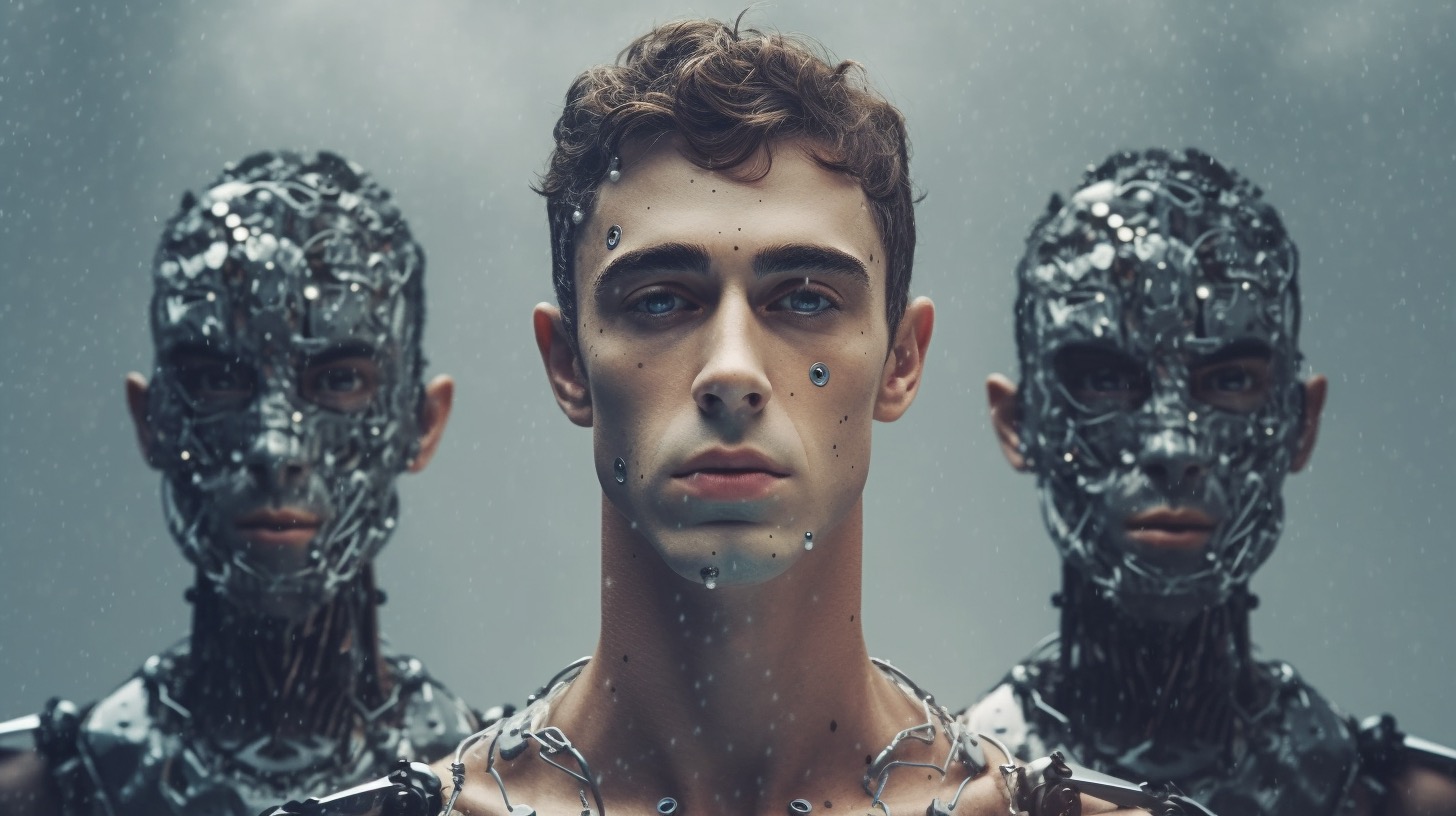The rapid advancement of artificial intelligence (AI) brings with it a myriad of benefits and risks. OpenAI CEO, Sam Altman, recently addressed this concern, emphasizing the potential for “very subtle societal misalignments” that could have devastating consequences. Altman believes that although lethal AI robots roaming the streets may seem like an obvious danger, the more concealed societal misalignments pose a greater threat.
Rather than focusing on doomsday scenarios, Altman’s main concern lies with unintentional mishaps arising from AI deployment in society. While AI has the power to improve lives and enhance society, there is a pressing need to address the downsides of this technology. Altman acknowledges the potential for a future where individuals can experience an elevated standard of living through widespread access to high-quality intelligence.
To prevent catastrophic outcomes, Altman advocates for the establishment of a global body responsible for overseeing AI, akin to the International Atomic Energy Agency. This supervisory organization would define the necessary auditing and safety measures required before the deployment of super intelligence or artificial general intelligence (AGI).
Considering the regulatory aspect, Altman recognizes the ongoing discussions and debates surrounding AI. However, he emphasizes the need to transition from mere deliberation to an actionable plan that garners international consensus and collaboration.
Although OpenAI is a key player in the AI field, Altman stresses that the responsibility for determining regulations should not solely rest on the shoulders of the company. He actively engages with lawmakers on Capitol Hill to address the risks associated with AI and work towards minimizing them.
While OpenAI has received significant investments from Microsoft and has partnered with the Associated Press to train its AI systems, the company has faced legal scrutiny regarding the training process for its chatbots. The New York Times filed a lawsuit, accusing Microsoft and OpenAI of copy infringement by using millions of its articles to train AI models.
In the rapidly evolving world of AI, it is crucial to strike a delicate balance between progress and precaution. Altman’s call for careful regulation and thoughtful consideration of societal misalignments highlights the need for collaborative efforts to harness the full potential of AI while minimizing the risks it poses to our world.
FAQ Section:
1. What are the potential risks of artificial intelligence (AI)?
The rapid advancement of AI brings both benefits and risks. OpenAI CEO, Sam Altman, highlights the potential for “very subtle societal misalignments” that could have devastating consequences. He believes that unintentional mishaps arising from AI deployment pose a greater threat than more obvious dangers like lethal AI robots.
2. What is Altman’s main concern regarding AI deployment?
Altman’s main concern lies with unintended negative consequences of AI deployment in society. While AI can improve lives and enhance society, there is a need to address the downsides of this technology. Altman advocates for the establishment of a global body responsible for overseeing AI and defining auditing and safety measures.
3. What does Altman suggest to prevent catastrophic outcomes?
Altman suggests establishing a global organization similar to the International Atomic Energy Agency to oversee AI. This organization would define necessary safety measures before the deployment of super intelligence or artificial general intelligence (AGI).
4. How does Altman emphasize the need for regulation?
Altman recognizes the ongoing discussions and debates surrounding AI regulation but calls for a transition from deliberation to an actionable plan that garners international consensus and collaboration. He actively engages with lawmakers to address the risks associated with AI.
5. What legal scrutiny has OpenAI faced?
OpenAI has faced legal scrutiny regarding the training process for its chatbots. The New York Times filed a lawsuit accusing Microsoft and OpenAI of copy infringement by using millions of its articles to train AI models.
Key terms and jargon:
– Artificial intelligence (AI): The simulation of human intelligence in machines to perform tasks that would typically require human intelligence.
– Societal misalignments: Unintended negative consequences or discrepancies in AI deployment within society.
– Super intelligence: AI systems that surpass human intelligence in almost all areas.
– Artificial general intelligence (AGI): Highly autonomous systems that outperform humans at most economically valuable work.
Suggested related links:
– OpenAI: Official website of OpenAI, a leading organization in the field of artificial intelligence.
– International Atomic Energy Agency: Official website of the International Atomic Energy Agency, an organization that promotes the peaceful use of nuclear energy and works towards ensuring its safety.
– Microsoft: Official website of Microsoft, an American multinational technology company that has made significant investments in OpenAI.
– The New York Times: Official website of The New York Times, a renowned newspaper that filed a lawsuit against Microsoft and OpenAI regarding their training process for AI models.
The source of the article is from the blog mivalle.net.ar

